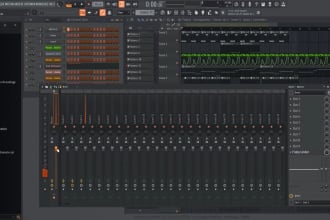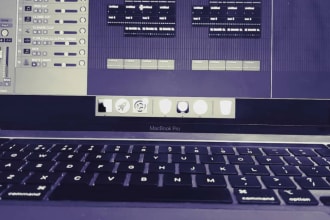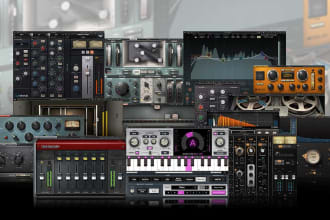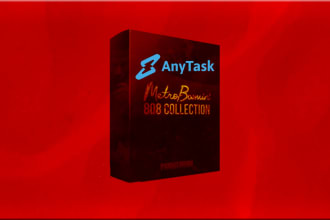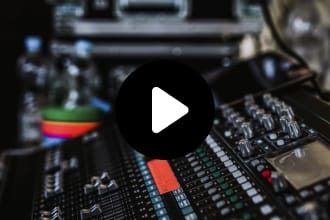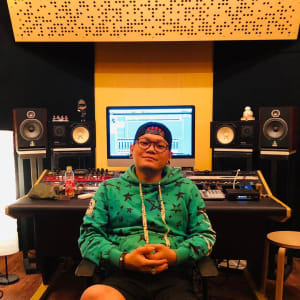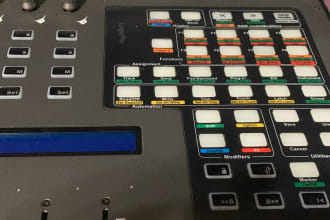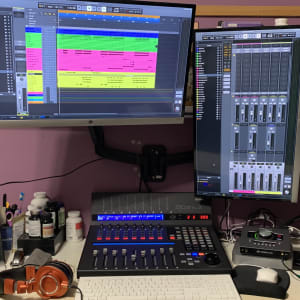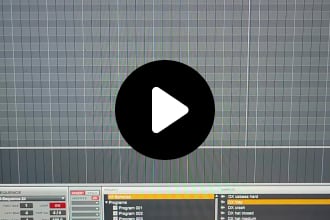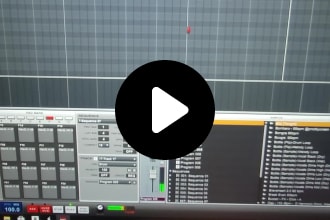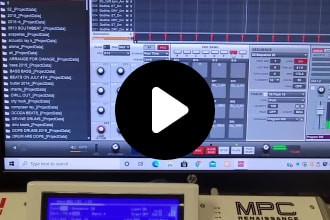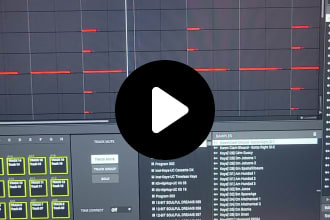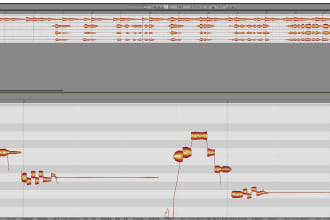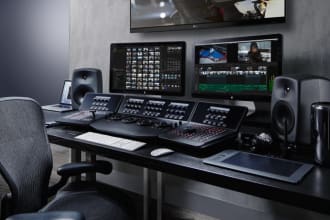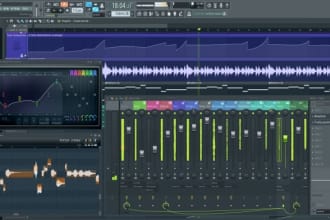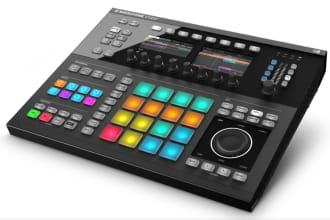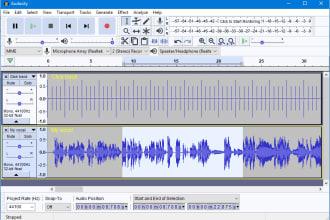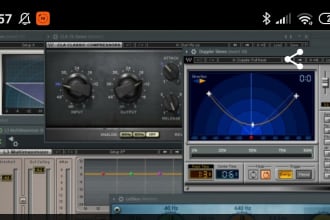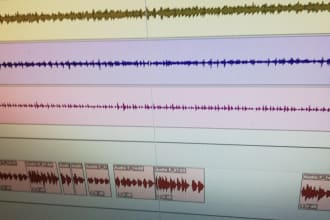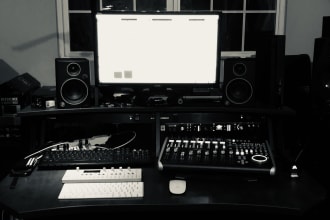Mixing & Mastering
Unsure what those buttons and sliders do? Get an AnyTask.com specialist to mix and master your tracks for you.
Find the Best Mixing and Mastering Services
You can’t get just anyone to mix and master your songs. You need someone skilled, with both the musical and technical abilities to transform your raw recording into a polished piece of music. What should you search for when hiring mixing and mastering freelancers, and what kind of work can they do on your recordings?
FAQs
What is the difference between mixing and mastering?
Both mixing and mastering are integral parts of the music post-production process, but they perform different functions. Mixing is typically the first step in post-production, and the mix engineer attempts to balance the separate tracks of a single session so they sound harmonious when played all together. Mastering is also about searching for the perfect balance, but more so with all the songs on an album rather than a single song. The mastering engineer is also the last person to make changes to a song or album before all copies and duplications are made.
Mixing engineers sculpt the smaller details of a song, like unmasking vocals or filtering synths. By the time mastering engineers get stereo recordings of a song, they can only make broad adjustments.
What does a mixing engineer do?
A mixing engineer takes the various parts of a multitrack recording and assembles them together in an artful, balanced way to produce a coherent song. Mixing and mastering go beyond what a recording engineer can do, and require both technical and musical skills to enhance a recording. Mixing and mastering have a huge impact on the final sound of the song, so these functions are vital to the post-production process.
Some of the tools mixing engineers use include:
- EQ
- Compression
- Panning
- Reverb
The tasks of a mixing engineer may also include:
- Reducing clashes between instruments
- Tightening grooves
- Emphasizing important song elements
- Muting redundant instrument parts
- Layering drum hits with samples from outside the session
How do I find someone to mix and master my song?
When searching for mixing and mastering services online, look for an engineer with some of the following characteristics:
- Personable: You should get along with your mixing engineer, they should be someone easy to work with, without a difficult personality.
- Big music fan: Mix engineers tend to be fans of all types of music. Would you trust your tracks to someone who doesn’t like your genre of music?
- Understand the emotional: Mixing is about evoking a certain emotion with a song. The best mixers know this and work toward it.
- Adaptable: Technology in music recording is always changing, so a good mix engineer will know how to work with the latest tools.
- Lifelong learner: As music styles and tech change, good mix engineers always have to be open to learning new skills and discovering new techniques.
- Working in good mixing environments: Your mix engineer should work in a well-treated room or studio where they can really hear your tracks.
What do you send to a mixing engineer?
You send a mixing engineer audio files or stems of files in a particular file type. Other mixers may want your project sessions instead. It depends on your mix engineer, so always ask before sending anything to them.
Before a mixing and mastering service can start working its magic on your recording, you also need to prepare your tracks to send. The following tasks are typically not considered part of the mixing and mastering process, so you should do them yourself before sending your audio files or stems to your mixer:
- Sort through the different takes of your tracks and only send the ones you want mixed.
- Remove unwanted noises that occur between performance parts.
- Consider turning off your processing, although this step may depend on your individual mix engineer.
- Label your tracks with clear, concise file names.
- Time align and pitch correct your tracks as not every mixer will include these services.



